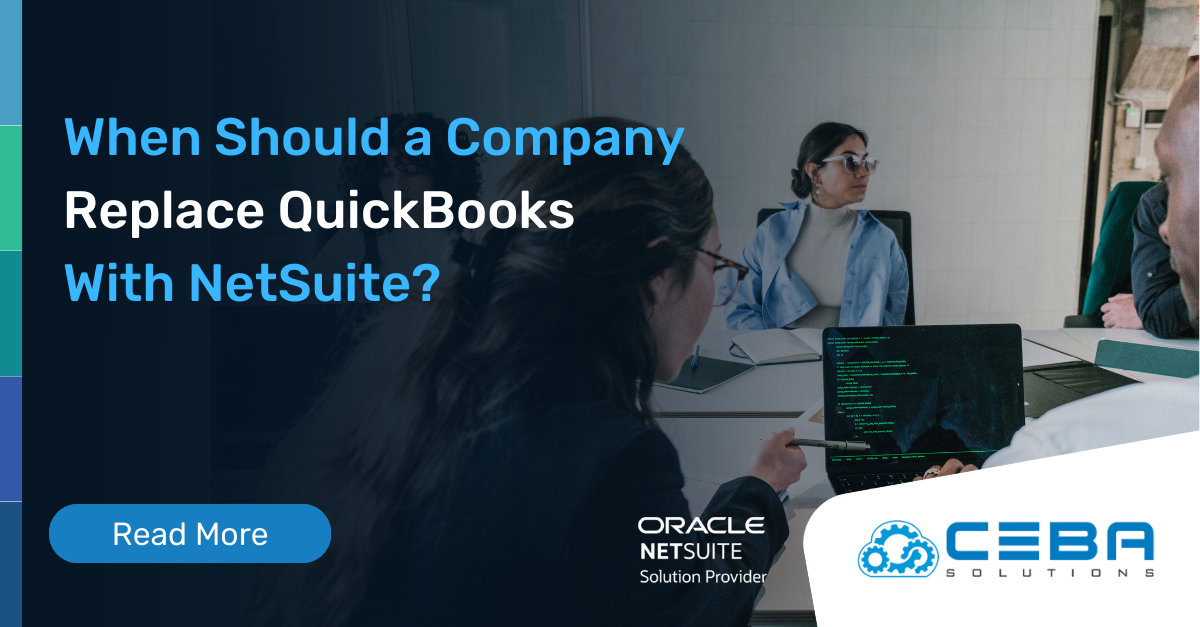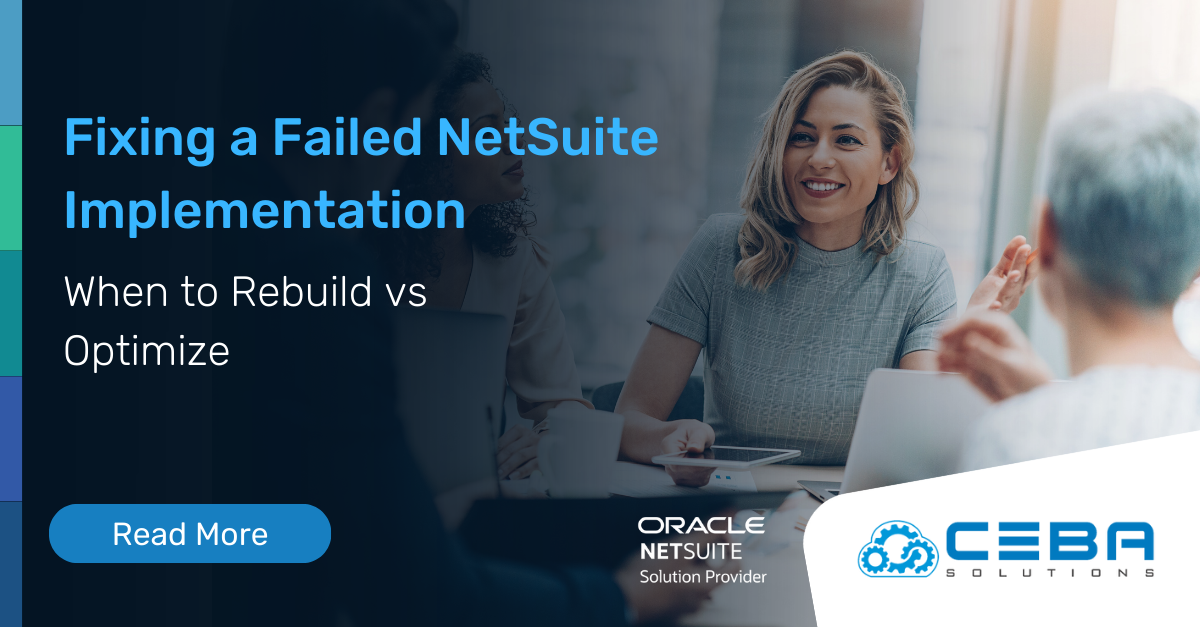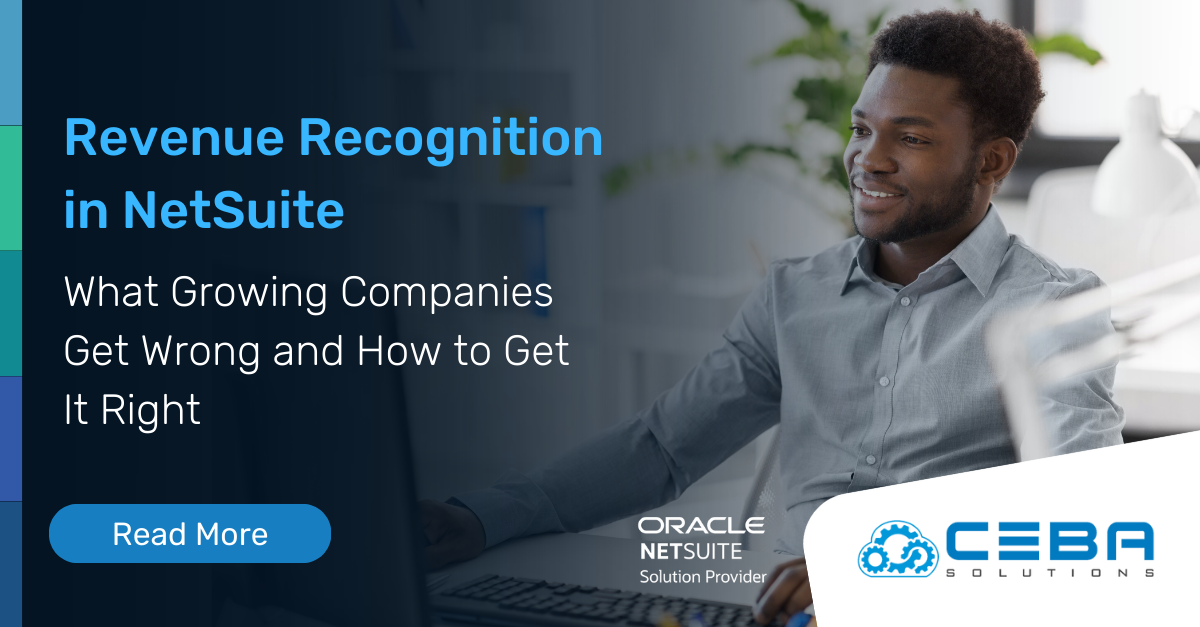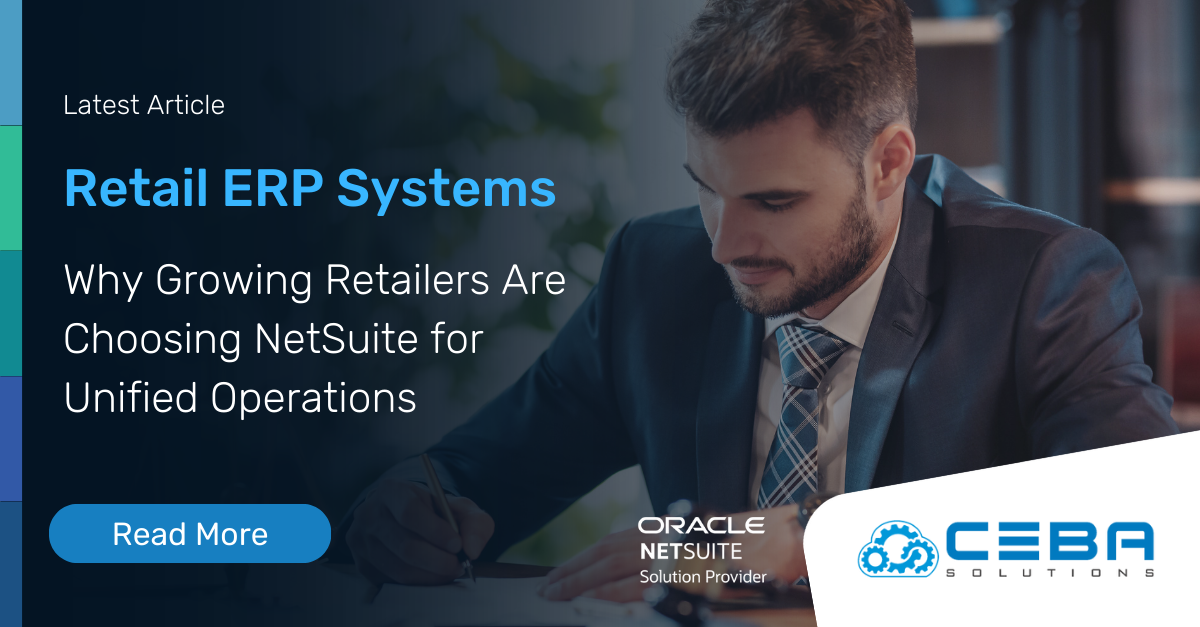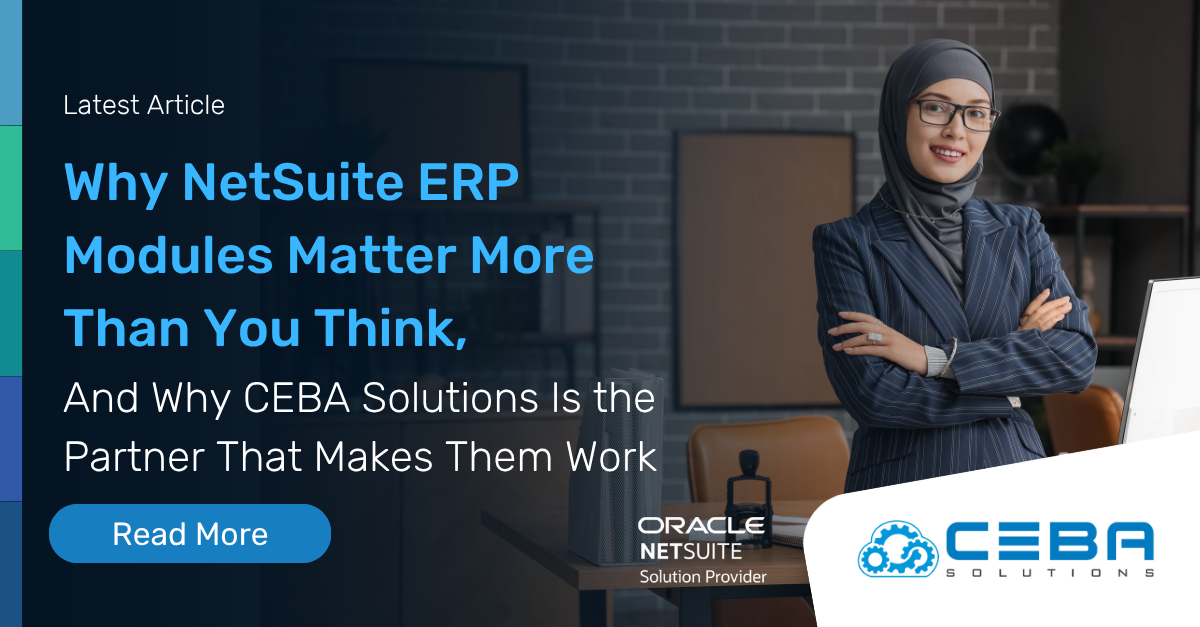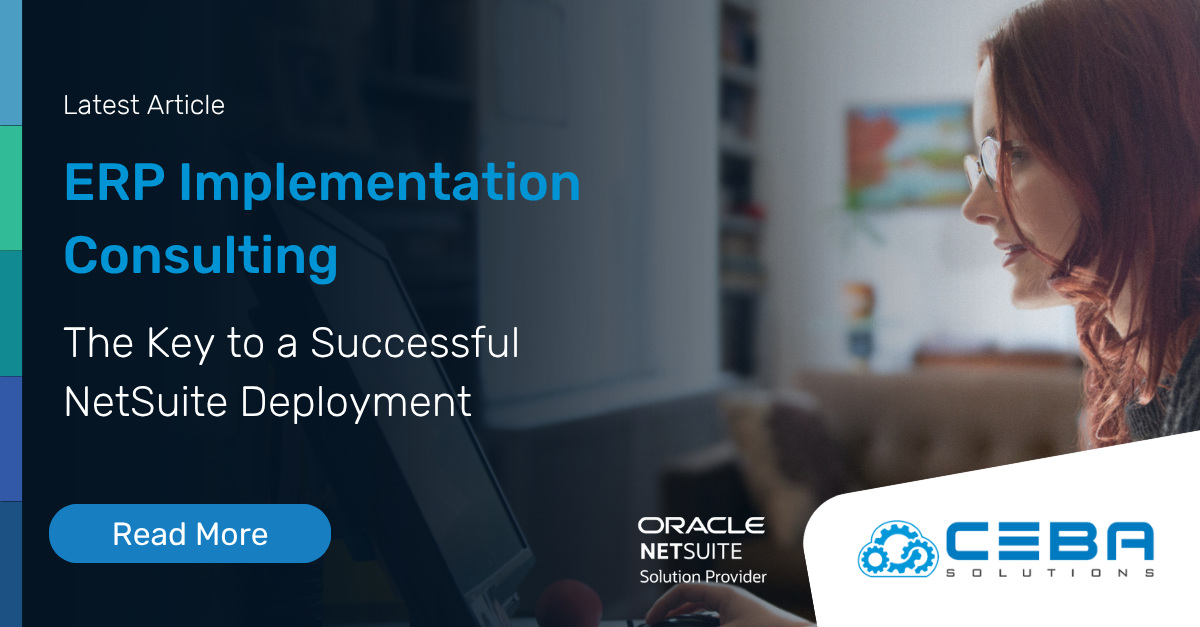
10 Qualities to Look for in an ERP Implementation Partner
10 Qualities to Look for in an ERP Implementation Partner
Putting in a new enterprise resource planning (ERP) platform is a major undertaking for any company. Whether the organization is replacing systems, upgrading an existing ERP or just starting out, it needs an experienced, reliable implementation partner working in its corner.
Even companies with ample in-house IT expertise can benefit from having a second set of expert eyes and hands on deck as they plan out the project, handle the data migration, manage their cost and time budgets, and benefit from an environment of continuous operational improvement.
“An ERP implementation is not a one-off effort that ends when the new system goes live. The solution must continue to evolve to support new business demands and technology,” Oracle NetSuite points out. “The project team needs to continue to manage the project after deployment, fixing issues and supporting new requirements as they come up.”
Your implementation partner is there to ensure the highest level of success before, during and after your ERP is up and running.

When you're considering implementing an ERP system, it's important to choose a partner who will be able to support you throughout the process. Not all partners are equal, and whilst everybody aims to provide the best service for their clients, the truth is that there are critical factors such as expertise in your industry and years of experience in implementing that affect how successful your ERP implementation project will be. In addition to this, having access to the right technical resources during a project is pivotal to a successful outcome. In this article we will explore some of the key things you should consider when choosing the right NetSuite partner for your ERP implementation project.

Download the Ultimate Guide to Oracle NetSuite
Learn why NetSuite is the #1 Cloud ERP for Small and Mid Size Businesses Focused on Unlocking Growth. Download the Guide
Choosing the right partner for an enterprise resource planning implementation is critical. Here are 10 qualities to look for when selecting your implementation partner.
1. Industry Knowledge
The partner you choose should not only have deep expertise in the technology platform(s) that it’s implementing, but it should have already worked with multiple firms in your specific industry. This will help them understand your challenges on a broader level (outside of just technology) and work to develop a holistic solution that helps drive your company forward.
2. Understanding Your Business
Some organizations benefit from turnkey ERP installations, but many others need a more customized, personalized approach to enterprise technology. The partner that takes the time to understand your company’s specific challenges, strengths and goals will be able to provide the most applicable products and services to meet your organization’s needs.
3. Transparent Approach
Most partners will set up a series of implementation benchmarks, effectively giving your company access to specific functionalities of an ERP platform (while others are still in the pipeline), William Jepma writes in 5 Important Questions to Ask an ERP Implementer Before Getting Started. “When approaching an ERP implementation partner, be sure to ask them how long it usually takes them to complete an implementation project,” he suggests. “Your company should also take some time to identify what ERP tools it wants to be prioritized and functional first.
4. Trusted History.
Not only do they need to be there for set up and implementation, but for as long as you own the system. Be sure you meet in person with the vendor and anyone associated with the implementation. Make sure you understand who is responsible for each part of the implementation process. Will the vendor use a third-party to install everything? What is required from your team?

5. Continuous Support
ERP is not a “one and done” process. Getting the most benefit from your investment requires regular optimization, testing out new modules and honing the solution to meet your specific business needs. Getting there requires a partner that’s in it for the extra-long haul, and that won’t disappear the day after go-live. One of the best ways to determine where your potential partners stand on this spectrum is to ask past customers (preferably from your industry or one that’s similar to yours) about their experiences in this realm.
6. Training and Support Services.
Because every new piece of software comes with a learning curve, an implementation partner that offers additional training and support services during and after the implementation process can effectively reduce the amount of stress and effort on your part. “This will be especially important as new functionalities become available during the implementation process,” Jepma writes, “[because] each new feature can change the way an ERP system operates and communicates with itself.”
7. Technical Resources Available
You want to make sure the company you’re working with has access to the technical resources they need to properly support your ERP system. This may include developers, database administrators, and other IT professionals. These resources should be available not only during the implementation process but also long after your system is up and running.
8. Flexible and Scalable Services
Once your ERP system is up and running, you’ll need a partner that can offer flexible and scalable post go live services. This includes things like Help Desk support, data migration services, training, and more. These services should be tailored to meet your specific needs and be available when you need them – not just during regular business hours.
9. Fair and Transparent Pricing.
Of course, you want to find an implementation partner that offers a fair price for their services. But beware of partners that seem too good to be true – they probably are. When it comes to enterprise technology, you get what you pay for. Cheap services usually end up being more expensive in the long run, so it’s important to find a partner that’s reasonably priced but also offers a high level of quality and service.
Interested in Working with CEBA Solutions?
CEBA Solutions is a long-time Oracle NetSuite Solution Partner that can help your company select, implement and optimize its ERP system and other solutions. We’ll provide as much - or, as little - guidance as you require throughout the process, post go-live and throughout the life of your ERP.
About CEBA Solutions
If you’re interested in working with CEBA Solutions, contact us today. We’ll be happy to answer any questions you have about our services and how we can help you get the most out of your NetSuite investment.CEBA Solutions is an Oracle NetSuite Solution Provider that offers a full range of services, from selection and implementation to optimization and post-go-live support. We have a team of experienced NetSuite consultants that can help you select, implement, and optimize the NetSuite solution for your business.




